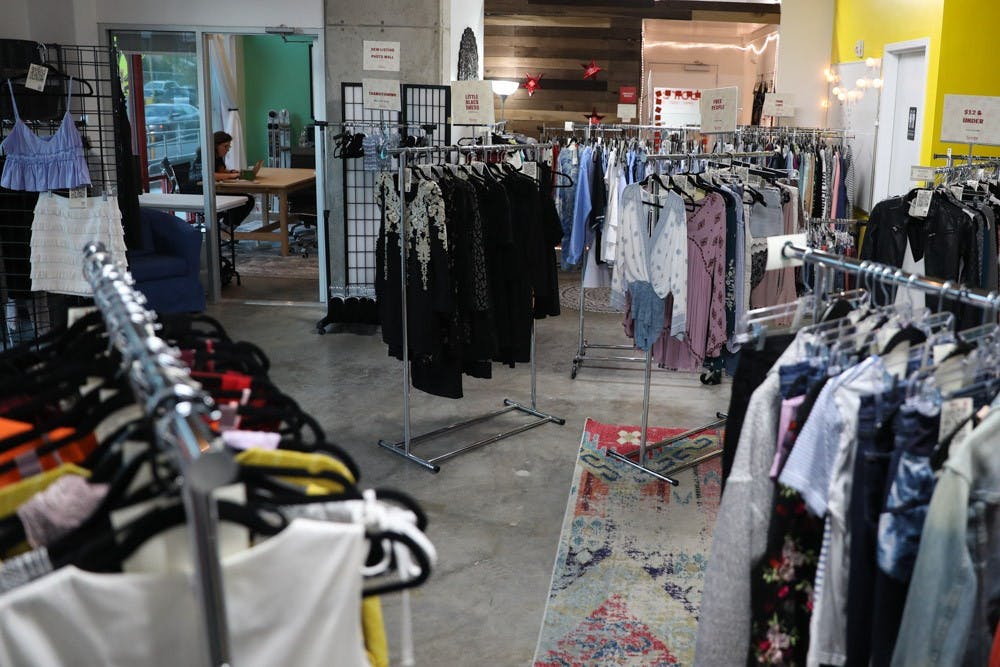Alleviating the effects of fast fashion, sharing styled looks and providing a platform for women at UNC to rent clothing. Sophomore Kendall Harrow brought these goals to fruition with the Facebook page UNC Style Switch.
“My inspiration for this account was realizing the repetition within everyone’s closets because most of us at UNC shop the same brands and go to events with the same themes,” Harrow said.
Harrow created the page on Oct. 18 as a way for people to post clothes to rent and for students to facilitate their own transactions. As of Nov. 11, there were 776 followers.
“With social media, there is pressure to not re-wear outfits, especially when posting pictures, so this leads people to buy even more clothes, which leads to more waste because people are not re-wearing things,” Harrow said.
The economic convenience of fast fashion and a constant supply of new looks are draws for buying new clothes, which in turn leads to further harming the environment, Harrow said.
“Realistically, we have to think that people aren’t going to completely stop shopping at these fast fashion brands, so instead, if everyone starts thrifting more, or sharing their clothes, that would mitigate the waste and less people would have to buy from fast fashion brands,” Harrow said. “It is not about stopping (fast fashion) altogether, but about doing what we can right now and being realistic about it.”
Harrow said she wanted to bring the concept of Rent the Runway to a smaller, more accessible scale for college students. She said she would like to expand the page to other college campuses and hopes the UNC page will reach 2,000 followers by the end of the academic year.
She has been reaching out in class and community Facebook pages and through word of mouth, especially to her sorority sisters in Pi Beta Phi. Harrow said the sorority community is using the page a lot to rent dresses for events.
Women in sororities also make up much of the customer base at Soirée Style. Located in the bottom of Shortbread Lofts, Soirée is a thrift boutique that recently opened.



